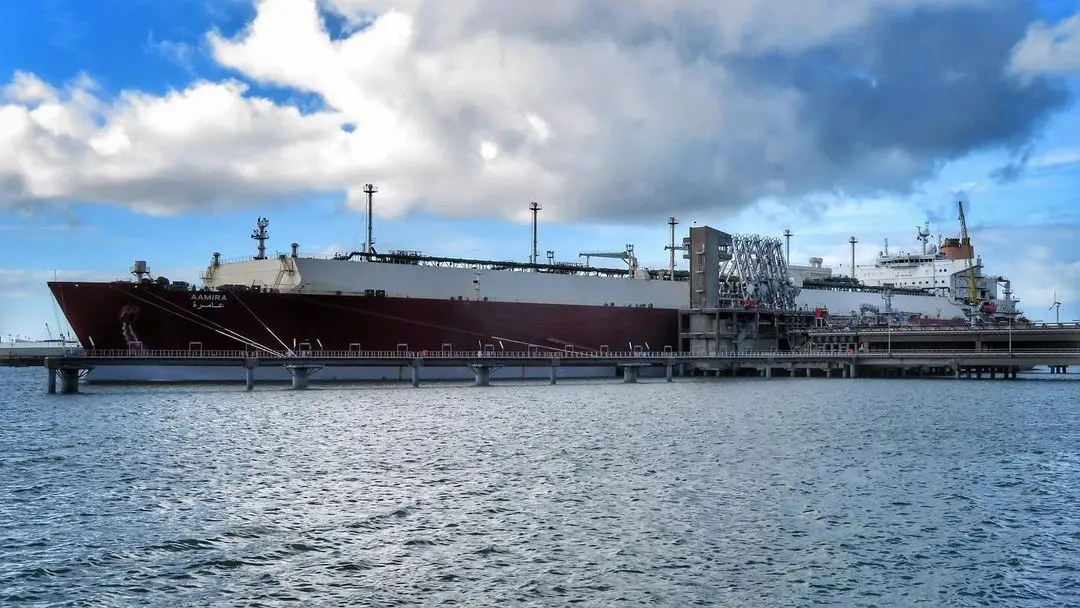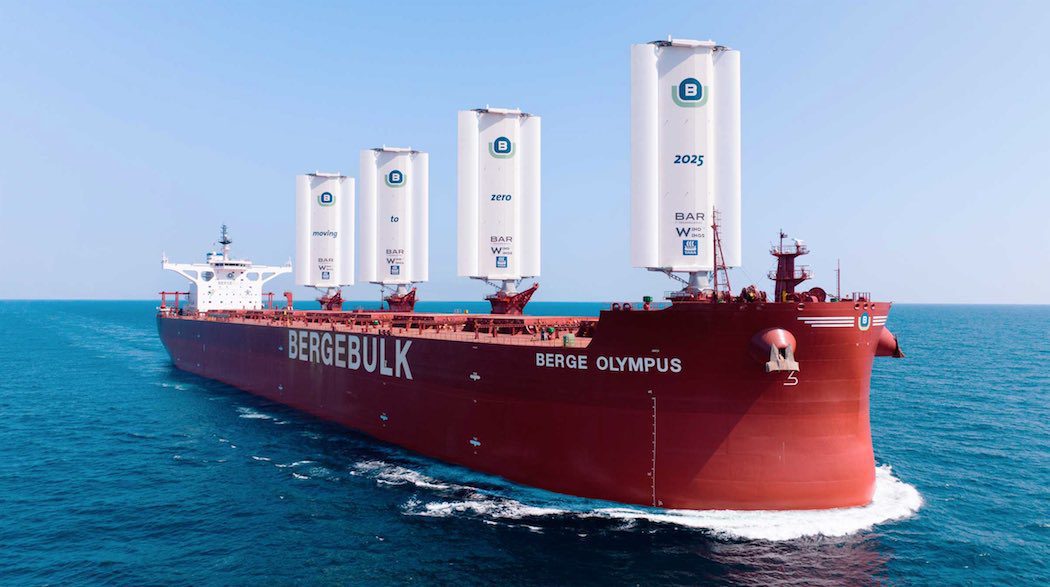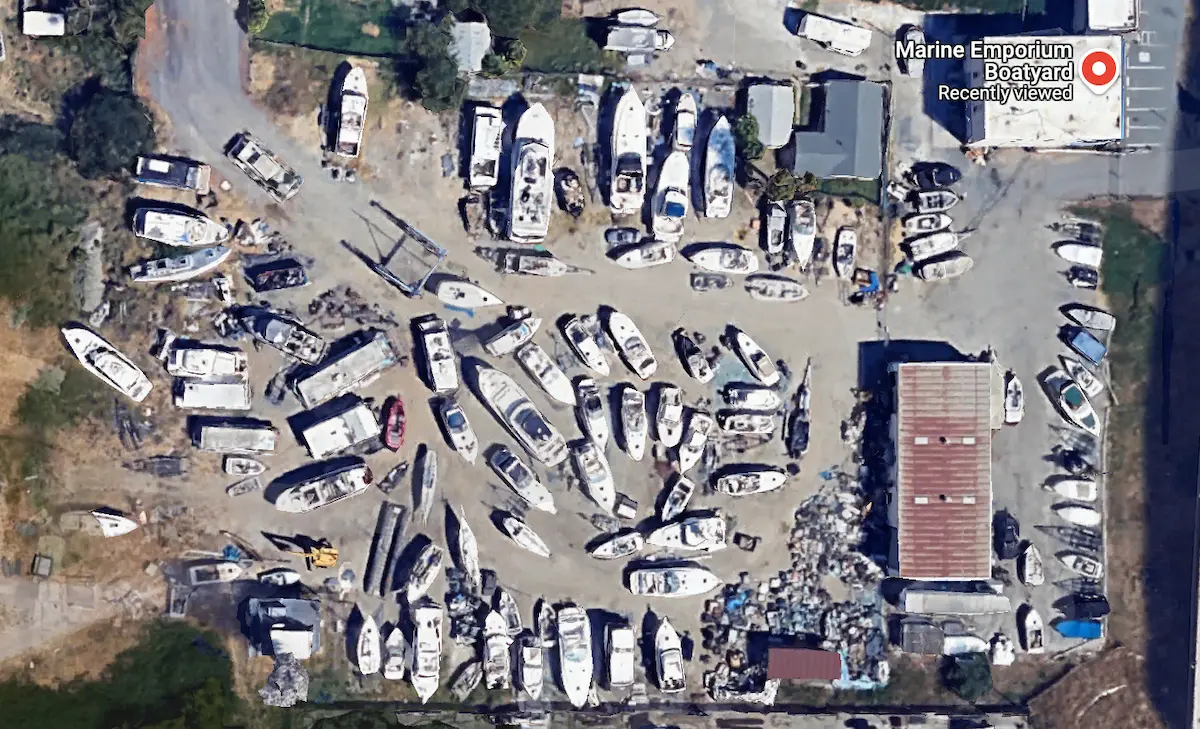Discover the thrilling speeds boats can achieve, from leisurely cruises to record-breaking dashes across the water.
KEY TAKEAWAYS
- The world record speed for a boat is 275.97 knots (317.58 mph or 511.09 km/h), held by Ken Warby since 1978.
- The average speed of a boat is often its most efficient and safe operating speed.
- For recreational boating, speeds around 30 knots are considered fast but safe for certain boat types.
What is the maximum speed of a boat?
This question intrigues many in the marine industry. The fastest boat, according to the Guinness Book of Records, reached 275.97 knots (317.58 mph or 511.09 km/h), a record set by Ken Warby of Australia in 1978. Since then, only two official attempts to break this record have been made, both ending in tragedy due to instability at high speeds.
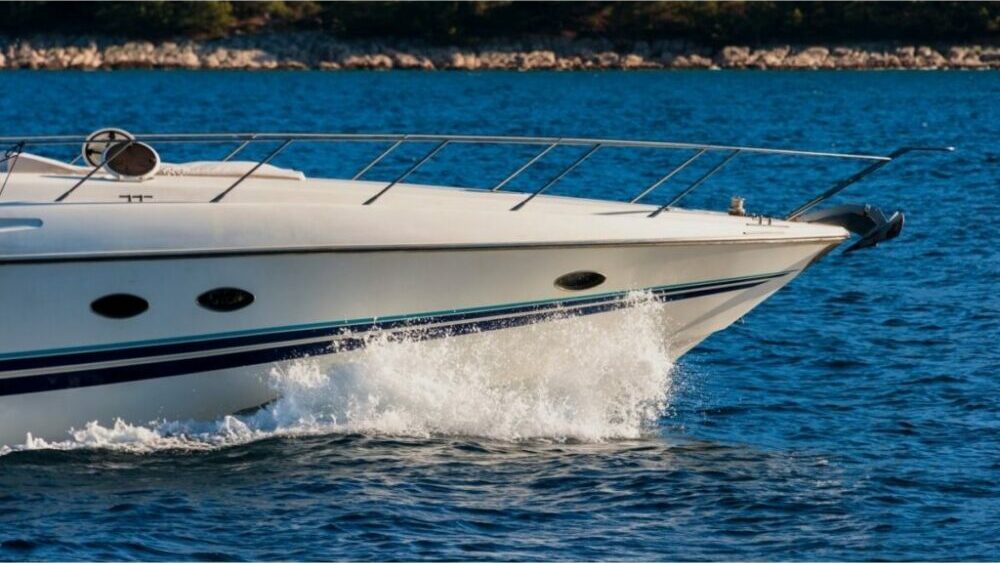
Boating is often associated with leisure, yet for some, speed is the ultimate goal. Boats, like cars and planes, can reach impressive speeds. The speed of a boat depends on its size, type, engine power, and design.
For example, cargo ships can travel at 24 knots (44 km/h), while the fastest passenger catamaran recorded a speed of 58.2 knots. A typical pontoon can reach 36 knots (41 mph or 65 km/h), but the world’s fastest pontoon boat hit 99 knots (114 mph), powered by three Mercury Pro Max 300x engines.
Maximum Boat Speed For Typical Boat Types
| Boat Type | The average speed of that boat | Maximum speed | Record speed | |
|---|---|---|---|---|
| 1 | Fishing boat | 9 knots or 10 mph | 20 knots or 23 mph | 27 knots or 31 mph |
| 2 | Tug boats | 13 knots or 15 mph | 19 knots or 21 mph | N / A |
| 3 | Deck boats | 30 knots or 34 mph | 50 knots or 57 mph | 70 knots or 80 mph |
| 4 | Dingy boat | 6 knots or 7 mph | 25 knots or 28 mph | 36 knots or 41 mph |
| 5 | Lifeboats | 6 knots or 7 mph | 30 knots or 34 mph | 60 knots or 69 mph |
| 6 | Sailboat | 7 knots or 8 mph | 15 knots or 17 mph | 68 knots or 78 mph |
| 7 | Cuddy cabin boats | 18 knots or 20 mph | 43 knots or 50 mph | 77 knots or 88 mph |
| 8 | Pontoon boats | 19 knots or 22 mph | 36 knots or 41 mph | 99 knots or 114 mph |
| 9 | Ferry boats | 17 knots or 20 mph | 28 knots or 32 mph | 58 knots or 66 mph |
| 10 | Houseboat | 4 knots or 5 mph | 10 knots or 12 mph | N / A |
| 11 | Yacht | 15 knots or 17 mph | 57 knots or 66 mph | 70 knots or 80 mph |
| 12 | Center console boat | 30 knots or 34 mph | 56 knots or 64 mph | 90 knots or 104 mph |
| 13 | Ski boats | 16 mph or 18 mph | 31 knots or 36 mph | N / A |
| 14 | Runabout boats | 25 knots or 28 mph | 52 knots or 60 mph | 70 knots or 80 mph |
| 15 | Airboats | 30 knots or 35 mph | 45 knots or 52 mph | 117 knots or 135 mph |
| 16 | Pilot boat | 30 knots or 35 mph | 50 knots or 57 mph | N / A |
How Do You Calculate The Average Speed Of A Boat?
Calculating the average speed of a boat involves understanding its typical operational speed range, rather than aiming for maximum records. Boats are designed with optimal speed considerations, balancing the thrill of speed with safety. The average speed, such as 22 mph for pontoons, reflects a boat’s usual operational pace.
To determine this average speed, several methods can be employed:
- Crouch’s Planning Speed Formula: This approach provides insights into hull speed, which is the maximum speed before the boat’s movement becomes inefficient due to wave resistance. It’s a theoretical limit, not an absolute cap, indicating when additional power results in diminishing speed returns.
- GPS Measurement: A straightforward and accurate method, using GPS to track and calculate the boat’s speed over time.
- Doppler Effect (Doppler Shift) and Correlation Velocity Log: These technologies measure the boat’s speed by analyzing changes in frequency or motion relative to water, offering a precise average speed calculation.
The average speed is essentially the mean of the boat’s most common operational speeds. For instance, if a boat frequently cruises between 18 and 24 mph, its average speed is calculated as (18+24)/2 = 21 mph. This figure represents a practical speed that balances performance with safety and efficiency.
Is 30 Knots Fast For A Boat?
Yes, 30 knots is considered fast for many types of boats, offering a thrilling experience while maintaining safety and efficiency under the right conditions.
Speed is a relative concept in boating, with 30 knots (approximately 34.5 mph or 55.5 km/h) representing a significant pace on the water. This speed is achievable and can be sustained safely by boats designed for swift movement, such as deck boats, pontoons, center console boats, and runabouts. These vessels can maintain 30 knots without compromising their stability or operational efficiency, making it an ideal speed for those seeking excitement on the water.
Conversely, for certain types of boats like tugboats, dinghies, trawlers, sailboats, and ski boats, 30 knots exceeds the recommended speed, posing safety risks and becoming economically inefficient due to increased fuel consumption. For larger vessels such as yachts and ferries, while 30 knots is within a safe operating speed, the fuel costs associated with maintaining this speed make it an impractical choice for regular operation.
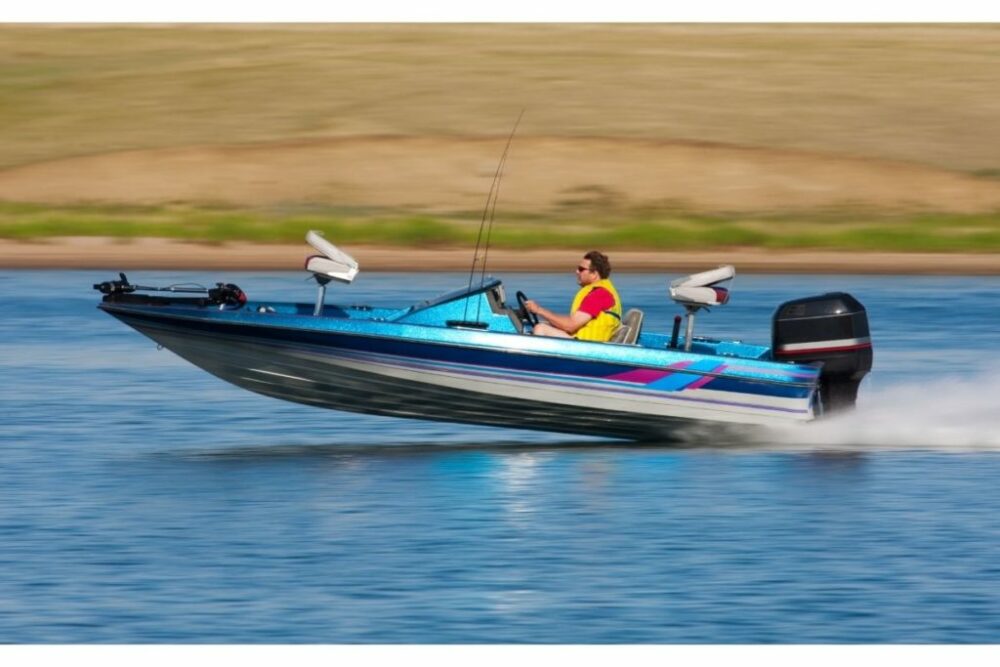
What Happens If The Speed Is Too High?
For those who enjoy the pleasures of boating, it’s well-known that boats may feel unstable at rest. Typically boats gain stability as they pick up speed. However, this stability can be compromised when speeds become excessively high.
At rest, a boat’s stability is influenced by various factors, including its displacement mass, the free surface effect, metacentric height, and the conditions of the sea. These factors contribute to the boat’s ability to remain upright and balanced in water.
As a boat accelerates, its hydrostatic and hydrodynamic characteristics evolve, altering the center of buoyancy, underwater volume, and pressure distribution. Initially, as speed increases, so does the boat’s restoring force, which helps maintain stability. Yet, there’s a threshold beyond which further acceleration leads to a decrease in this restoring force, making the boat increasingly unstable.
This instability is exacerbated by changes in the boat’s damping coefficients, both linear and nonlinear, which play critical roles in how a boat responds to rolling motions. As speed continues to rise, these changes can significantly impair the vessel’s stability, posing safety risks.
In summary, while moderate speeds can enhance a boat’s stability, pushing beyond certain limits introduces a risk of instability. Understanding and respecting these limits is crucial for safe boating practices.
How Fast Will A 200 HP Pontoon Go?
Pontoons, often associated with leisurely water activities, can surprisingly accommodate a range of water sports, from wakeboarding and tubing to water skiing. A 26-foot pontoon equipped with a 200 horsepower (HP) engine can achieve speeds up to 40 mph, demonstrating its capability beyond just leisure cruising. Even when loaded to capacity, such a pontoon can maintain a respectable speed of 30 mph, fitting well within the ideal speed range of 15 to 35 mph for various water sports.
While it may not be the fastest option on the water, a pontoon with this power level is more than adequate for engaging in your favorite water-based activities. It’s important to note, however, that the boat’s speed can be influenced by its load. Research indicates that for every additional 1000 pounds, the speed of a pontoon can decrease by approximately 12-15%.
For those considering an upgrade for more speed, remember that simply increasing the engine’s horsepower isn’t the only factor. According to a general guideline, doubling the boat’s speed may require quadrupling its power, although this is more of an estimation than a precise formula.
Enhancing a pontoon’s speed can also involve structural modifications, such as adding an extra pontoon to create a tritoon. This adjustment can improve the boat’s stability and potentially its speed, offering a practical approach to achieving a faster, more enjoyable ride on the water.
Conclusion
Boat speeds vary widely across different types, with the thrill of speed balanced against the need for safety and stability. Whether cruising leisurely or pushing the limits, understanding a boat’s capabilities and limits is essential for a safe and enjoyable experience on the water.
- Types of Gas Carriers as per IGC Code – April 22, 2025
- Wind-Assisted Propulsion Systems (WAPS): A Game Changer for Maritime Decarbonization – February 6, 2025
- 10 Boat Salvage Yards in California – January 25, 2025

